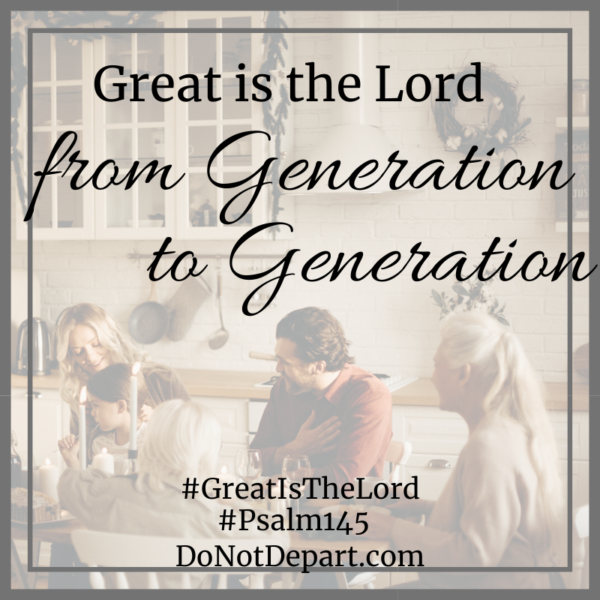November is brown. September is red.
October is orange. No, I’m not trying to write a poem.
I like to make calendar layouts for different projects I work on like our homeschool, writing projects, and my bullet journal. I think about the months in terms of colors, specifically the colors I like to feature when I decorate. December is all the colors of Christmas: chiefly red and green, with lots of whites, blues, golds, silvers, and so on. January is a powdery blue. Do you see what I mean? November is a deep, beautiful, warm, chocolate, nutmeg brown. I cannot decorate for Christmas even a minute before we celebrate Thanksgiving because it would mean missing out on all the beautiful shades of brown.
It’s a silly thing to think about, I know. But whether you are the kind of person who blasts Christmas music the second you feel a chill in the air or the one who prefers to wait until December 1, there is one thing we all basically agree on: for better or for worse, holidays mean family. At some point between November 1 and December 31, you will have to confront the idea of family. Will they share your celebrations? Will you go your separate ways? Will you send a card? Call the day of? Either way, a decision will be made to see or not see, include or exclude, your family. In verses 4-7 of Psalm 145 (part 2 of our Great Is the Lord series), David encourages us to include our families in our worship of the Lord.

Sharing the Story
For many believers, myself included, Thanksgiving represents a season of gratitude that perfectly sets us up to celebrate and remember the grace of God coming into the world as a human baby at Christmas. They are distinct holidays with different functions, yet intricately related, sharing one particularly significant purpose. Holidays are a time when families gather to pass on stories and traditions about who we are, why we are here, and most importantly, who we worship.
In verse 4 we read,
“One generation shall commend your works to another and shall declare your mighty acts.”
Our faith is lived out in the context of family – yes, the ones we’re born into, the ones we make out of dear friends, and our brothers and sisters in Christ. The words we study are given life as we play them out in the relationships around us.
This holiday season I will teach my children to set the table, cook a turkey, and play a good game of Skip-Bo. But I will also teach them why we pause in this busy month to give thanks.
I will teach them by example as I make prayer and study a part of our daily experience (remember? A string of todays is what builds a forever!)
“On the glorious splendor of your majesty, and on your wondrous works, I will meditate.” (v. 5)
Together we will tell stories of God’s provision, deliverance, and mercy throughout the ages. From the Israelites in Egypt to the Pilgrims in Plymouth, we will remember that He is in control.
“They shall speak of the might of your awesome deeds, and I will declare your greatness.” (v. 6)
We will sing songs and play games and create memories around the holidays.
“They shall pour forth the fame of your abundant goodness and shall sing aloud of your righteousness.” (v. 7)
And generation after generation we will add our praise to David’s because,
“Everything which has to do with the Great King is majestic, honorable, glorious. His least is greater than man’s greatest, his lowest is higher than man’s highest.” – Charles Spurgeon
Study/Reflection Questions
- What holiday traditions helped shape your faith as a child?
- Think through examples of God’s “glorious splendor”, “wonderous works”, “awesome deeds”, and “abundant goodness”, either from the Bible or your own life.
- David uses so many strong adjectives to extol the Lord in these verses. Pick one or two and do a word study
- Make a list of ways you can use the holidays to remember God’s work and character.

Join the Discussion